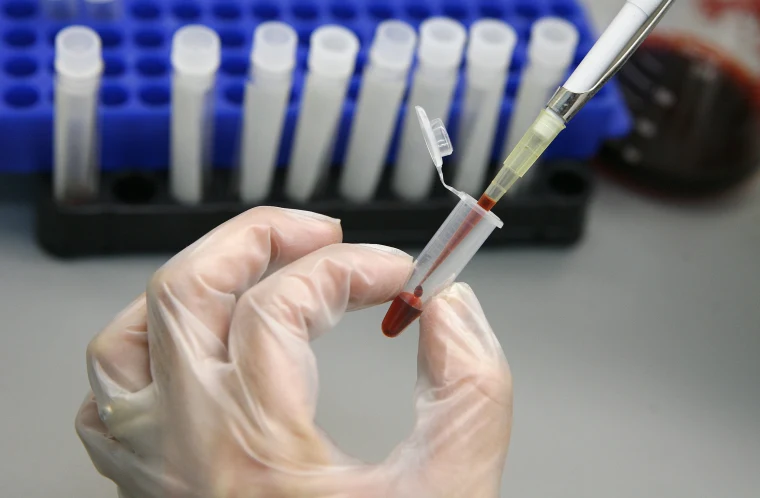HIV (Human Immunodeficiency Virus) is a virus that attacks the immune system, specifically targeting CD4 cells (T cells), which are essential in fighting off infections.
If untreated, HIV can progress to AIDS (Acquired Immunodeficiency Syndrome), where the immune system becomes severely compromised. Although HIV can affect anyone, research has suggested that a person’s blood type might play a role in the risk of contracting HIV or how the virus progresses.
Blood Type and HIV Resistance
Blood types are categorized based on the presence or absence of specific antigens on red blood cells. The most common blood types are A, B, AB, and O, with each having a positive or negative Rh factor. Among these, blood type O has been the subject of several studies in relation to HIV. One notable finding is that individuals with blood type O may have a certain degree of natural protection against HIV.
Some research suggests that people with blood type O may be less susceptible to HIV infection because their red blood cells lack a specific receptor (called the CCR5 receptor) that the virus uses to enter cells.
The CCR5 receptor is essential for HIV to infect immune cells, and people with certain genetic mutations that reduce the presence of this receptor seem to have a lower risk of becoming infected with HIV. Blood type O individuals have been found to have a lower affinity for the CCR5 receptor compared to other blood types, which could explain why they might be less vulnerable to HIV.
However, this does not mean that individuals with blood type O are immune to HIV. The virus can still enter the body through other mechanisms, such as through cuts, sexual contact, or sharing needles. While genetic factors, including blood type, might offer some protection, practicing safe behaviors such as using condoms, getting regular HIV tests, and avoiding sharing needles remains crucial for prevention.
Blood Type and HIV Progression
In terms of how HIV progresses once an individual is infected, some studies suggest that blood type may also play a role in how quickly the virus advances. For example, research indicates that individuals with blood type O may experience a slower progression to AIDS compared to those with other blood types, though the exact mechanism is not fully understood. One hypothesis is that the genetic resistance linked to blood type O might affect how HIV interacts with immune cells, resulting in a slower depletion of the immune system.
On the other hand, people with blood types A, B, or AB do not have the same potential genetic resistance, and some studies have indicated that they may experience faster viral progression, although this is not a definitive conclusion. Many factors, including overall health, the presence of other infections, access to treatment, and genetic predispositions, contribute to the progression of HIV.
Conclusion
While blood type O may provide some level of natural protection against HIV, it is not a guarantee of immunity, and individuals with any blood type remain at risk for HIV. Prevention, early diagnosis, and treatment are key to managing HIV effectively.
Researchers continue to study the relationship between blood type and HIV, but in the meantime, it is vital for everyone to take precautions, regardless of their blood type, to avoid exposure to the virus.







Leave a Comment